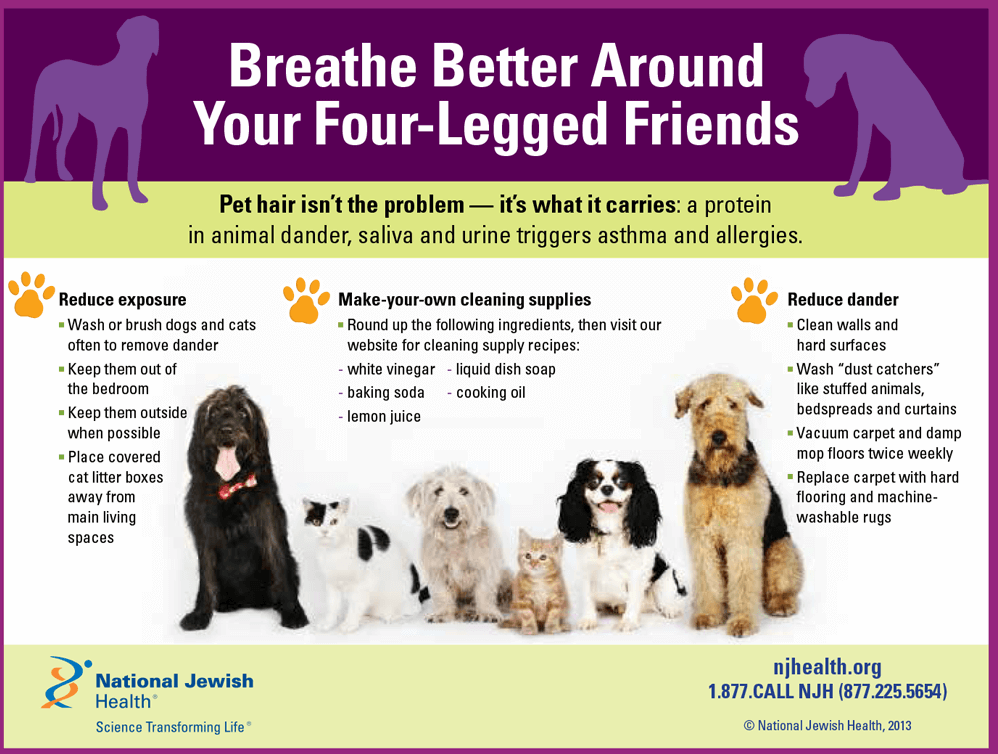How Dog Daycares Manage Barking
How Dog Daycares Manage Barking
Blog Article
Is Canine Day Care Stressful?
Many canines like day care and enjoy to be with their hair brother or sisters all day. However, for some dogs it can be difficult.
Try to find a facility with licensed trainers and behaviorists that get on the floor in any way times, watching over the team play. This is especially crucial for dogs who are responsive, display source protecting or come to be antisocial or obsessive.
1. Congestion
For several canines, childcare is a positive experience that supplies physical and mental exercise to burn pent up energy. Nonetheless, the influx of new pets, smells and atmospheres can be frustrating for some pets.
Pets should be paired with other canines that are comparable in dimension, age, socializing and play style to ensure safety and avoid overstimulation. Nevertheless, overcrowding is common at dog day cares and can trigger character clashes and harassing that cause injuries.
Ask what precaution the center requires to maintain your dog secure. As an example, exists an outdoor space for dogs to escape the crowds? Does the facility have regular breaks for your pup to calm their nerves? Ask what kind of first aid and CPR training employees have and if they're familiar with administering medication to your canine. Likewise, it is very important to make certain your pet dog's food and drugs remain in an identified bag that day care personnel can rapidly gain access to.
2. Changes in routine
The end of summer is coming and with it comes big changes as children return to institution and people return to their work schedules. This can be stressful for your dog. They'll miss out on all the hiking and playtime you do with each other and may start to really feel bored. Their actions may alter too, such as excessive barking or devastating actions.
Pet dogs like routine, so a sudden change in their day-to-day regimen can trigger them tension. Make sure to plan in advance and slowly alter your feeding and walk times in the weeks leading up to back-to-school. This will certainly aid your pet dog adapt to their new schedule and reduce any kind of undesirable behavior.
Daycare is a superb method for canines to get a lot of physical and mental exercise, specifically if they are young or energised. They also receive socializing experiences that will build self-confidence and etiquettes, which can help them cope with the anxiousness they may experience from things like journeys to the vet, visits to your office or home and other demanding events.
3. Splitting up anxiety
The drop off and grab process can be a bit difficult for canines, specifically when it's the first time. Many pet day cares offer daycare for dogs near me a constant daily timetable, and in time this helps family pets feel comfy and protected while they're far from their owners.
Structured play, structured rest periods and normal snack times all aid canines develop a feeling of familiarity and predictability. This, integrated with positive support, helps alleviate separation anxiousness signs and symptoms.
Socializing likewise maintains pet dogs literally and emotionally busy, which can make them much less reactive to stress factors when they're home. This, along with favorable reinforcement, aids to decrease stress and anxiety and rise self-worth.
4. Not being watched play
Pet dogs that are not socialized on a regular basis can come to be anti-social-- this is commonly seen as pet aggression. This can take place even in a well-managed daycare setup, so make certain to enjoy the canines meticulously. Look for a ratio of 11 or less dogs to flooring individuals. Staff should be playing and connecting with the canines, not sitting at their desks or looking at their phones.
The facility ought to have a peaceful area where the pets can relax and recharge between play sessions. This is particularly vital for high-energy breeds that need to burn off additional energy or low-energy older pet dogs.
Ask the team what they do to maintain the pets relax. They should use favorable reinforcement (praise, petting, play) and never use physical punishment or aversives. They ought to likewise be trained in family pet first aid and mouth-to-mouth resuscitation. Finally, the center ought to have a reliable protocol for feeding times to prevent food hostility.